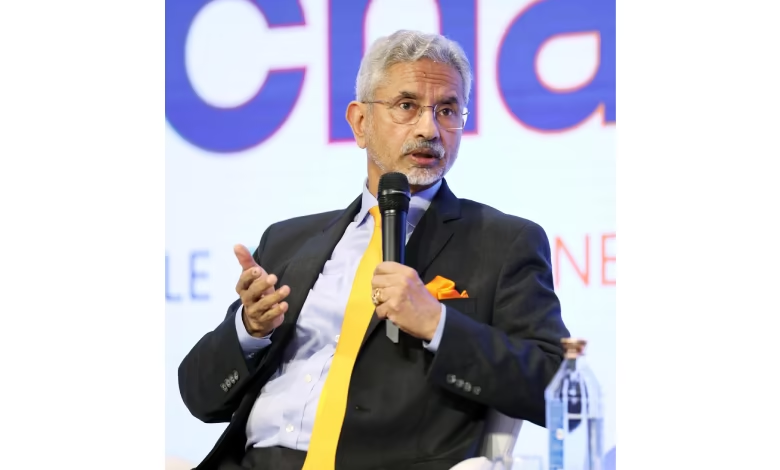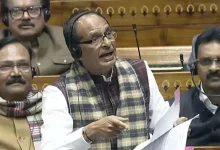Jaishankar Pushes for Stronger India-EU Ties Amid Trump’s 50% Tariff Hike

India’s External Affairs Minister, S. Jaishankar, took a firm stand on Wednesday against U.S. President Donald Trump’s decision to impose a 50% tariff on Indian goods, highlighting the need for India to adapt its global partnerships in response to a rapidly changing world order. The tariffs include an additional 25% penalty tied to India’s purchase of discounted Russian oil.
Speaking after a meeting with German Deputy Foreign Minister Johann Wadephul in New Delhi, Jaishankar emphasized that today’s geopolitical and economic volatility underscores the importance of deeper ties between India, Germany, and the European Union (EU). “Global shifts are reshaping our policies and how we engage with other nations,” he said, noting that these changes create a strong case for closer collaboration with the EU and Germany.
Also read: Russia In Talks To Supply More S-400 Missile Systems, Cheaper Oil To India : Report
Why India and Germany Are Strengthening Ties
Jaishankar highlighted the significant potential for rapid growth in India-Germany relations, particularly as trade tensions escalate with the U.S. and EU. “Our discussions today focused heavily on bilateral ties, and there’s room for substantial progress,” he stated.
Also read: Trump Rejects Health Rumors as ‘Fake,’ Cites Active Weekend
Wadephul, on a two-day visit to India, had earlier met with tech and innovation leaders in Bengaluru before heading to New Delhi for official talks. Jaishankar noted that Germany has pledged full support for accelerating India-EU Free Trade Agreement (FTA) negotiations. “These global changes make a compelling argument for a stronger, broader India-Germany partnership,” he added.
India-EU Free Trade Agreement: Where Things Stand
India and the EU are working to finalize an FTA to boost their $190 billion annual trade in goods, with negotiations ongoing in Brussels. However, progress has been hampered by disagreements over import duties, environmental regulations, and labor standards. The EU is pushing for lower tariffs on cars and dairy products, alongside stricter climate and labor commitments, while India prioritizes protecting its farmers, maintaining flexibility on green regulations, and controlling legal dispute mechanisms.
Also read: TikTok Influencer and Family Killed in Suspected Cartel Attack in Mexico
“We look to your support to strengthen our ties with the EU and speed up FTA talks,” Jaishankar told Wadephul. Commerce Minister Piyush Goyal confirmed on Tuesday that technical discussions are progressing, with both sides aiming to conclude the agreement by the end of the year.
India’s Response to U.S. Tariffs and Russian Oil Sanctions
The U.S.’s 50% tariff, including a 25% punitive duty on certain Indian exports due to India’s Russian oil purchases, has intensified strains on India’s trade landscape. India has sharply criticized both the U.S. and EU, accusing them of double standards for targeting New Delhi while maintaining significant trade with Moscow during the Ukraine conflict.
Also read: Beijing’s Grand Military Parade Signals Strength with Xi, Putin, and Kim in Attendance
This pushback comes amid significant global realignments, evident at the recent Shanghai Cooperation Organisation (SCO) Summit in China, attended by Prime Minister Narendra Modi, Russian President Vladimir Putin, and other regional leaders. The summit coincided with a notable display of unity at China’s Victory Day parade, where Putin, Chinese President Xi Jinping, and North Korean leader Kim Jong Un jointly declared resistance to external pressures.
With inputs from agencies.




